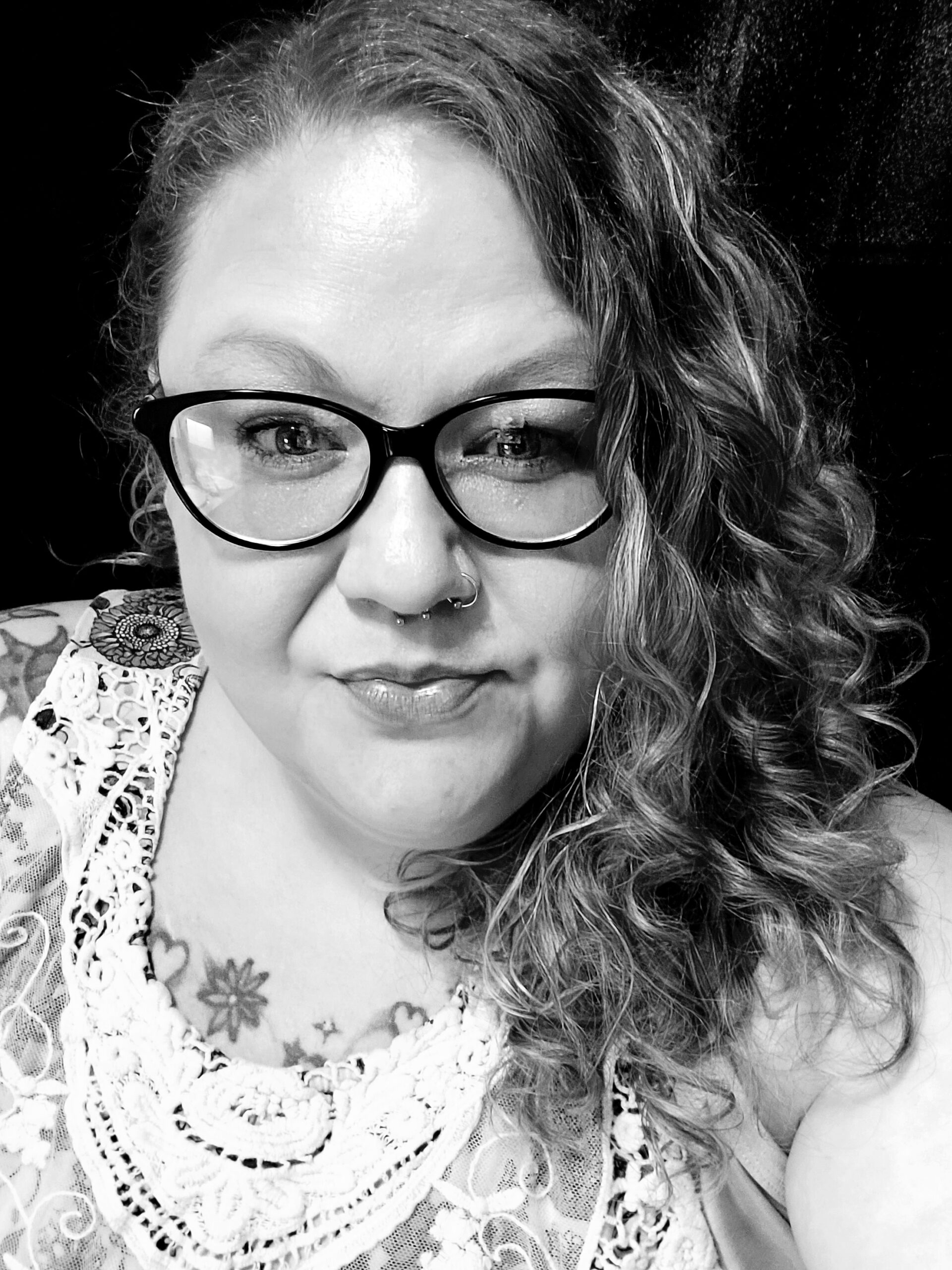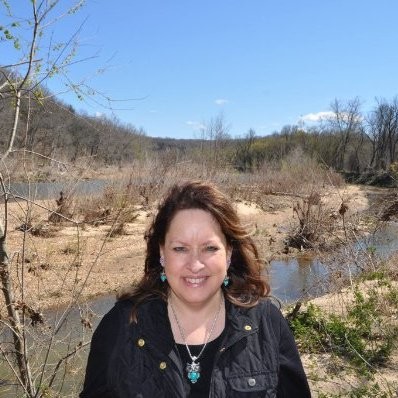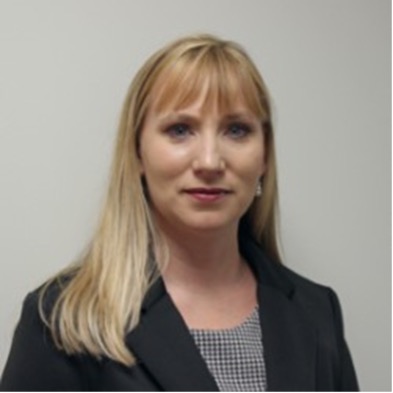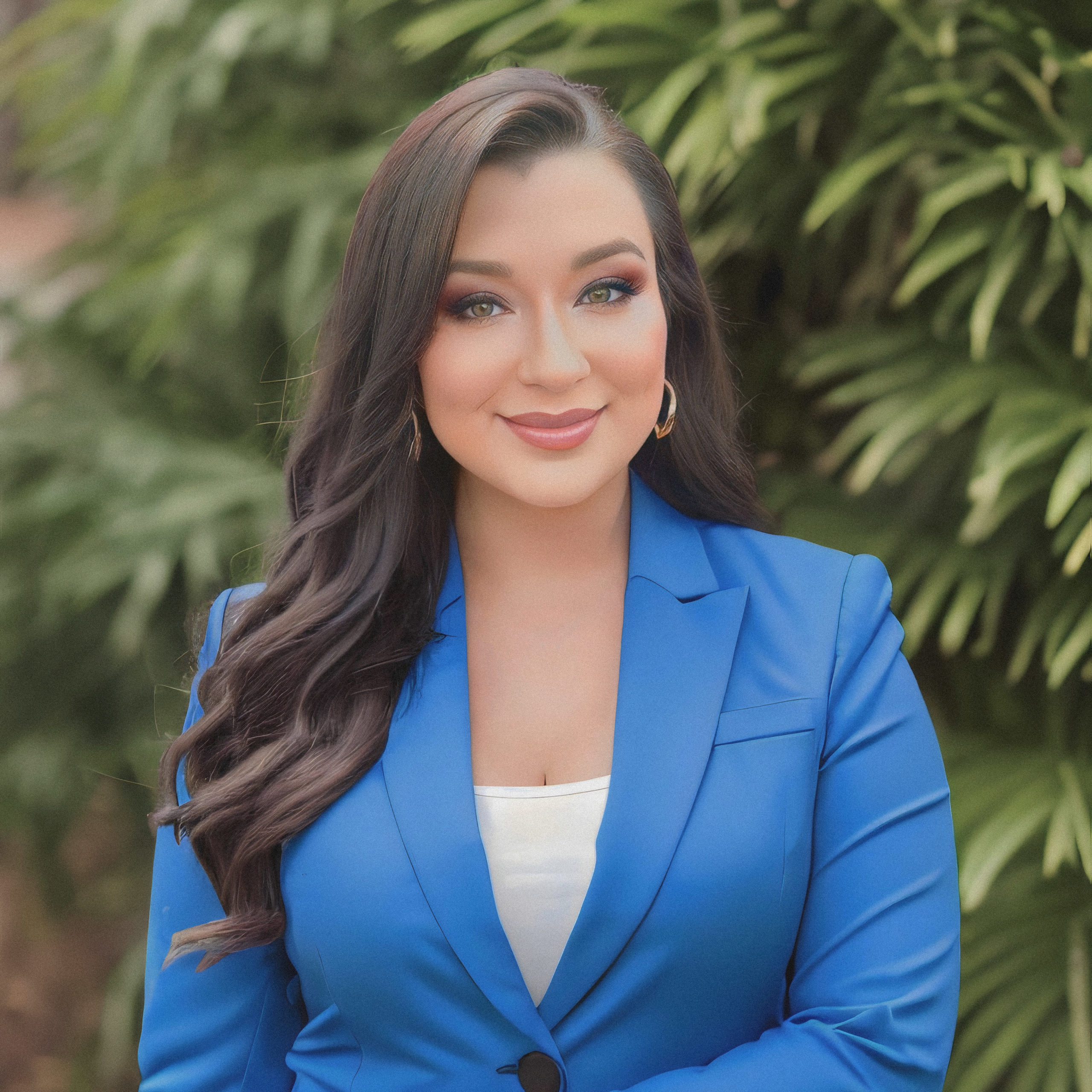The Intersection between Suicide and Individuals with Intellectual & Developmental Disabilities
Paradise Ballroom C
Speaker(s):
Ellison, Kathleen, MS, MA, NCC
Description
Suicide does not discriminate. Perhaps you have heard that statement before. Suicide can happen to anyone, regardless of age, gender, ethnicity, socio-demographics, or intellectual and developmental abilities. Identifying risk and protective factors in persons with IDD requires greater understanding for researchers and practitioners, in order to be more effective when assessing risk and developing safety plans. This session will stretch participants’ typical mindsets when providing services to clients with IDD.
Objectives
Define various intellectual and developmental disabilities
Identify the protective factors, risk factors and warning signs for suicide in individuals with IDD
Identify appropriate tools for assessing suicide risk in individuals with IDD
Develop equitable safety plans for individuals with IDD in their living environments




